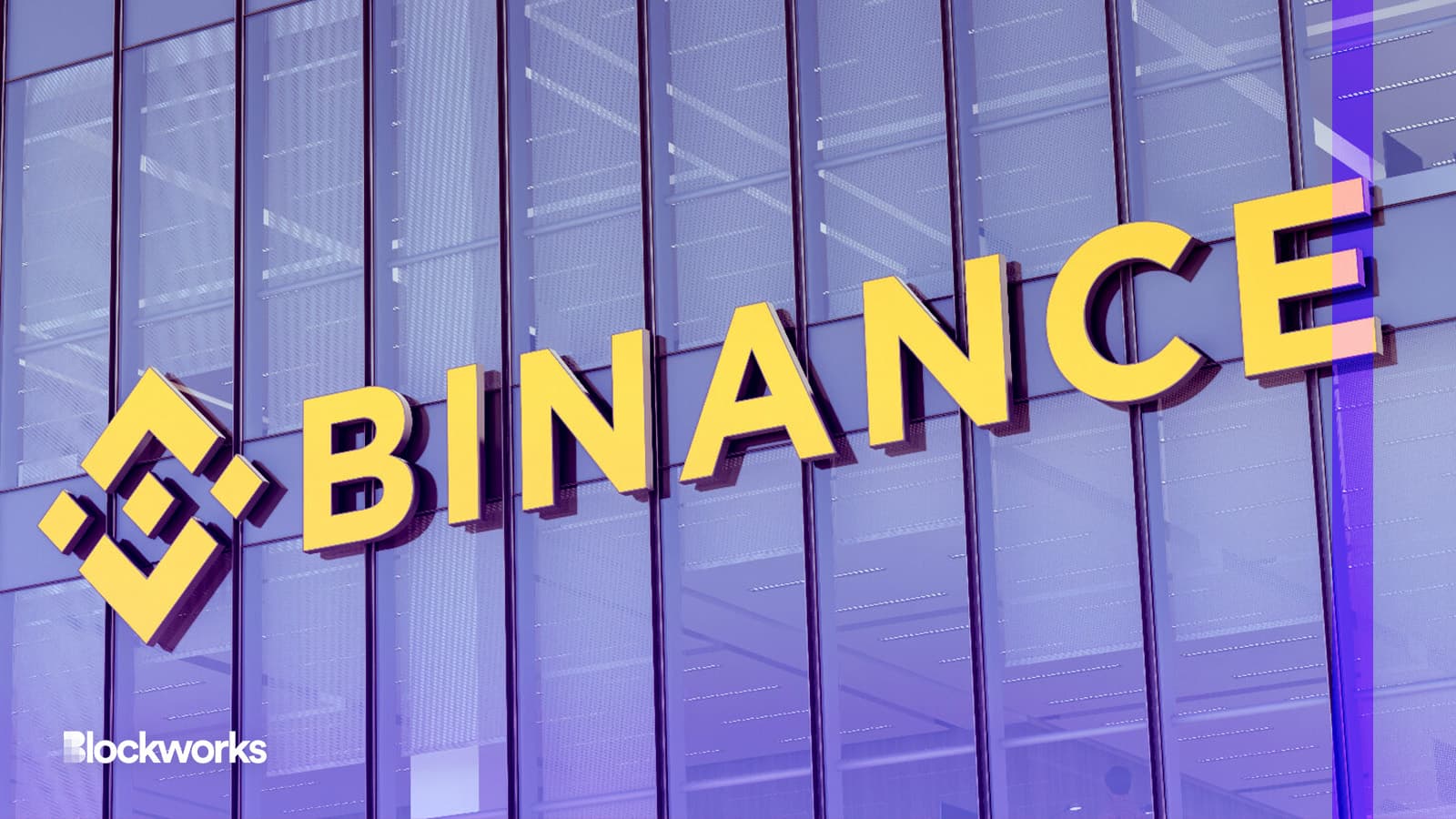Binance Market Share Bounces Back, BNB Price Consolidating
The largest crypto exchange is back to holding about 80% of market share relative to 11 other centralized exchanges, up from a low of around 67%

Shutterstock.com modified by Blockworks
After a tumultuous few weeks in the wake of FTX’s collapse and an unexpected surge in withdrawals, Binance has recovered its market share.
The largest crypto exchange is back to holding about 80% of market share relative to 11 other centralized exchanges, up from a low of around 67% earlier in the month, according to data from Kaiko.
Binance, which previously worked with auditing firm Mazars Group to publish its proof-of-reserves reports, saw customers pull a record $6 billion off of the exchange following concerns about solvency. The exchange was able to function normally, save for an hours-long pause on USDC withdrawals, which have since resumed.
Binance’s top trading pairs have struggled to regain liquidity following withdrawal-spiked volatility.
“Despite a recovery in market share, liquidity has dipped for top Binance pairs,” Kaiko analysts wrote. “Since December 10, BTC-USDT 2% market depth has fallen from around $45 million to $37 million, with similar declines for ETH and BNB.”
BUSD market share drop
For the BUSD-USDT trading pair, market depth dropped more than $50 million, according to Kaiko.
Since FTX’s collapse, BUSD has traded at a persistent premium relative to USDT, but that trend reversed at the start of December, analysts said, and now, BUSD is trading at a small discount to USDT amid mass redemptions for the stablecoin.
Paxos is the only company that issues BUSD on Ethereum, but Binance itself issues the stablecoin on BNB Smart Chain and other chains. According to Binance, the exchange “provides the pegged token service to lock BUSD on Ethereum and issues an equivalent amount of Binance-peg BUSD on other networks.”
On the decentralized exchange Curve, the primary BUSD pool is heavily imbalanced, with 75% BUSD, 9% USDC, 9% DAI, and 6% USDT, Kaiko noted.
Investors skittish about recent trends have sold off Binance’s native BNB token, which is down about 10% over the past month. BNB is currently trading at around $242, down 65% from its all-time high of around $700 reached in May 2021.
In early November, when talk of Binance purchasing FTX swirled, BNB surpassed its prior all-time high versus bitcoin and is still 80% up from the low point in May against BTC, but is now back where it was at the start of the fourth quarter.
Exchanges struggles with proof of reserves
French firm Mazars elected to stop providing auditing services to crypto companies, including Binance, KuCoin and Crypto.com, because of “concerns regarding the way these reports are understood by the public,” Blockworks previously reported.
That, alongside an announcement from auditing firm Armanino that it, too, would wind down it’s crypto activity, has exchanges looking for alternatives to maintain the credibility of their proof-of-reserves programs.
“The pausing of [agreed upon procedures and] attestations and audits for these firms show that simply having proof of reserves is not enough for very complex crypto financial institutions,” Ledgible CEO Kell Canty said. “Liabilities, interrelated party transactions, subsidiaries, internal controls and other major factors that are included in standard audits must be done as well to ensure a complete financial picture.”
Get the news in your inbox. Explore Blockworks newsletters:
- The Breakdown: Decoding crypto and the markets. Daily.
- 0xResearch: Alpha in your inbox. Think like an analyst.






